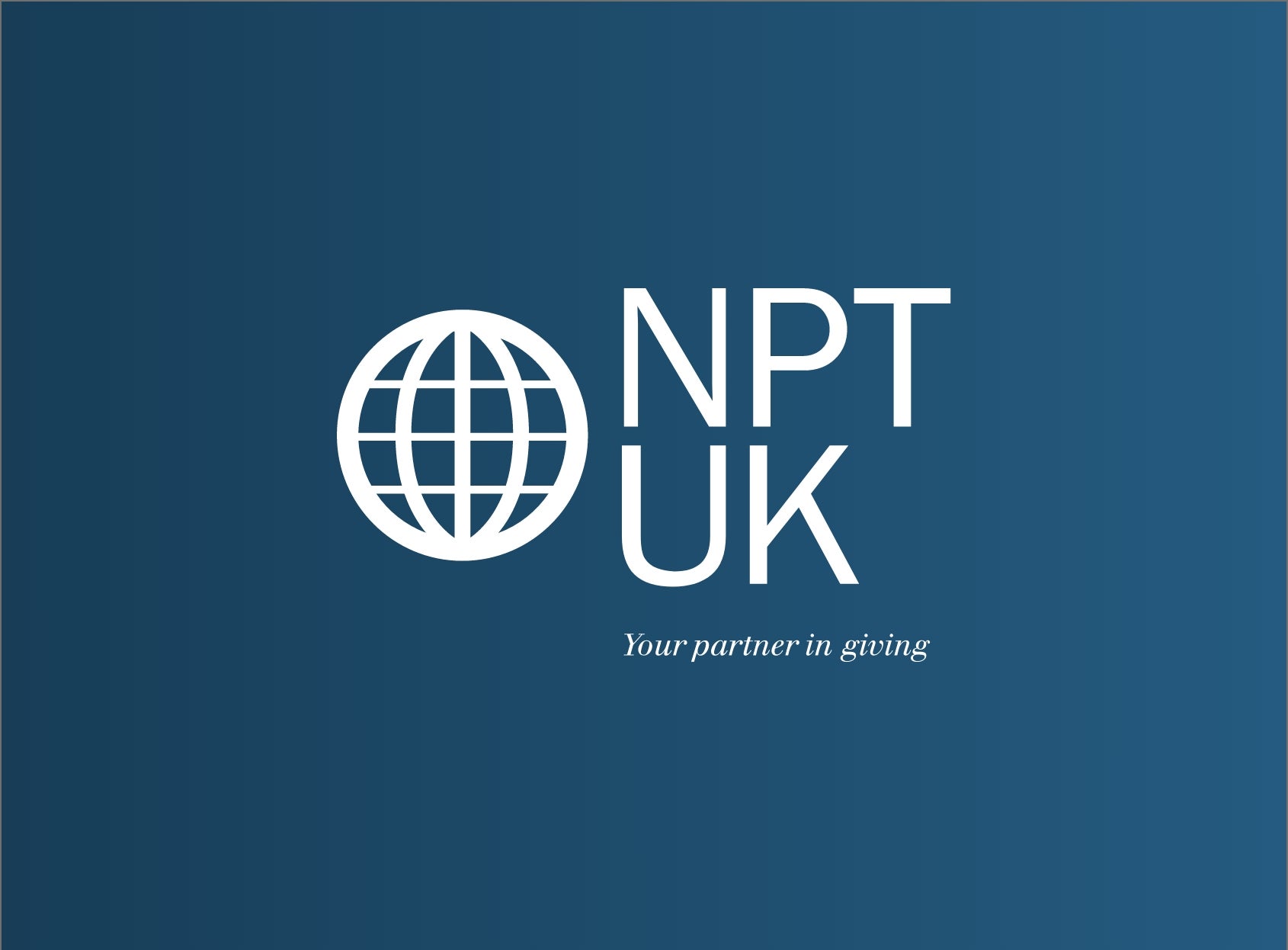An Update on COVID-19 Giving and How to Help Your Clients

The philanthropic response to COVID-19 has been astounding. All over the world, donors have supported relief and rebuilding efforts. In the UK alone, donors gave £800m more to charity as the pandemic hit (CAF Special Giving Report, 2020). A year on, here are some of the ways the charitable landscape has changed.
The cost of the pandemic remains high for charities: Many organisations have faced a dramatic loss of fundraising and income streams while dealing with a significant increase in demand for their services, under increasingly stressful conditions. This has led to the prediction that 1 in 10 charities in the UK have had to close their doors since the start of the pandemic (Pro Bono Economics, 2020). Many more have had to use up reserves to overcome the impact of the crisis, with smaller charities especially exposed. Yet the need for their services is still increasing, with the most vulnerable in our society requiring continuous support as economies shut down.
Donors continue to respond quickly to the crisis, keeping funds going to the causes they support: The first wave saw a surge in emergency philanthropy. Many donors significantly increased their grantmaking to existing grantees. But as the pandemic has endured, funders have moved away from emergency assistance to focus on longer-term support. Five areas of funding have come to the fore: health and medical needs, social services and economic security, educational support for vulnerable students, support for small organisations at risk of closure and region-specific funds.
As advisors, here are some of the ways you can continue to support your clients giving:
- Think global, act local. As the impact of COVID-19 continues be felt around the world, people are reaching across borders with assistance and aid. Your clients may want to support charities abroad, which they can do easily with a donor-advised fund. At the same time, national lockdowns and social distancing measures have meant donors are also paying attention to local urgent needs. Your clients may also want to get involved and support local food banks, homeless shelters, or services for the vulnerable. Local community foundations are a good resource for further information.
- Grant without restriction. The majority of grants made from NPT UK DAFs are unrestricted, or given for use at the charity’s discretion. Charities continue to need flexible support just as they did at the start of the pandemic. As advisors, you could emphasise to your clients that general operating grants are the best way to equip charitable organisations during this time. Removing conditions that may be attached to specific grants means charities can direct funding to where they most need it.
- Build resilience. In the longer term, funders should think about how their actions can support charities and communities to be resilient and have a lasting social impact. Your clients have an opportunity to support the positive shifts that could occur at this time of disruption, such as digital innovation and tackling historic inequalities.
To learn more about how to help your clients navigate their giving during this time please visit NPT UK’s COVID-19 Resources page.
NPT UK does not provide legal or tax advice. This blog post is for informational purposes only and is not intended to be, and shall not be relied upon as, legal or tax advice. The applicability of information contained here may vary depending on individual circumstances.
To download a PDF of this blog post, click below:


